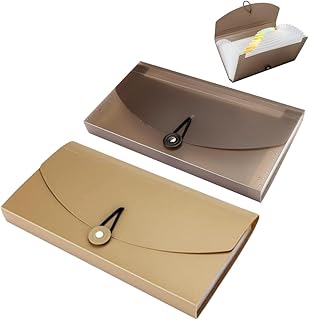Paul Weingarth’s frustration with a long paper receipt for a power tool in 2016 led to the creation of Slyp, a digital receipts company. The revelation sparked his quest to revolutionize the outdated paper receipt system that seemed incongruent with the digital era’s payment advancements.
Observing the shift towards cashless transactions, Weingarth was perplexed by the persistence of paper receipts in an increasingly digital world. This anomaly prompted him to co-found Slyp with colleagues from PayPal and ANZ’s data team, aiming to streamline the transaction process.
After Slyp’s inception, a pivotal collaboration with the University of Technology, Sydney delved into the environmental impact of paper receipts. The comprehensive study unveiled startling statistics: 10.656 billion paper receipts annually in Australia alone, resulting in the felling of 150,462 trees and substantial carbon emissions.
Contrasting these figures, the study illustrated that digital receipts could eliminate the need for trees, water, and significantly reduce carbon emissions. Weingarth’s vision of a sustainable, efficient receipt system gained momentum as Slyp garnered support from major banks and industry players.
Thermal paper, commonly used for receipts, contains chemicals like Bisphenol A (BPA), raising concerns about health and ecological repercussions. While Europe and some US states have banned BPA, its substitutes remain under scrutiny, with Australia witnessing a gradual shift away from these harmful components.
The UTS research highlighted critical gaps in understanding the composition of thermal paper rolls in Australia. Limited regulation and labeling obscured the presence of BPA in the supply chain, underscoring the need for stringent oversight and transparency in the industry.
Furthermore, experiments conducted by the researchers revealed potential environmental implications of thermal paper waste, emphasizing the urgency of exploring sustainable alternatives. The study’s findings underscored the pressing need for industry-wide collaboration to mitigate the adverse effects of paper receipts.
Weingarth’s advocacy for a digital-first approach resonated with the evolving consumer landscape, where smart devices have replaced traditional payment methods for many Australians. By championing a shift towards digital receipts, he envisions a transaction experience that aligns with modern consumer preferences and fosters environmental sustainability.
The launch of the FutureProof initiative symbolizes a collective effort to eliminate paper receipts from the economic ecosystem, heralding a new era of digital transactions. Weingarth’s vision, supported by industry leaders and stakeholders, heralds a paradigm shift towards a more efficient and environmentally conscious receipt system.
📰 Related Articles
- Precision Farming Software: Revolutionizing Agriculture for Efficiency and Sustainability
- Revolutionizing Gold Investments: Wizely Simplifies Digital Gold Ownership
- Mobile Computing Evolution: Advancing Battery Efficiency for Sustainability
- Global Healthcare Leaders Drive Digital Transformation for Efficiency in 2025
- Egypt’s Cruise Egypt Forum 2025: Revolutionizing Tourism Sustainability
📚Book Titles
- How AI Can Help Cure Cancer: Revolutionizing Early Detection and Personalized Treatment
- Unlocking Second Chances: The Revolutionary Intersection of Organ Regrowth, Biotechnology, and Longevity
- Artificial Intelligence and Our Lives: Unraveling the Complexities, Controversies, and Possibilities
- Copper Rush: Investing in the Future of Sustainable Mining






